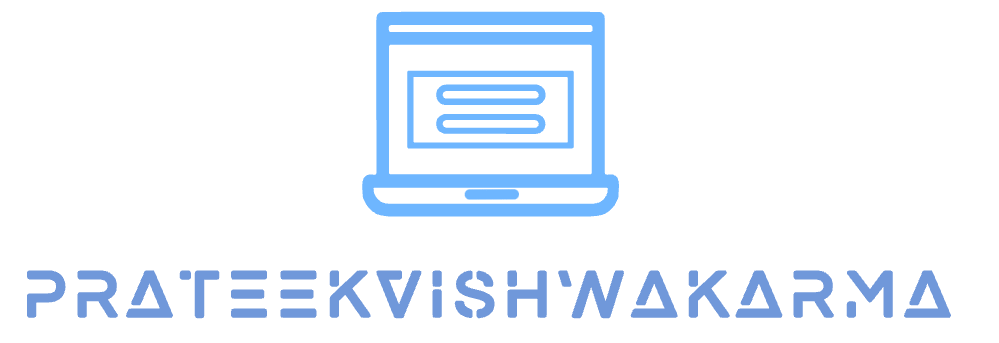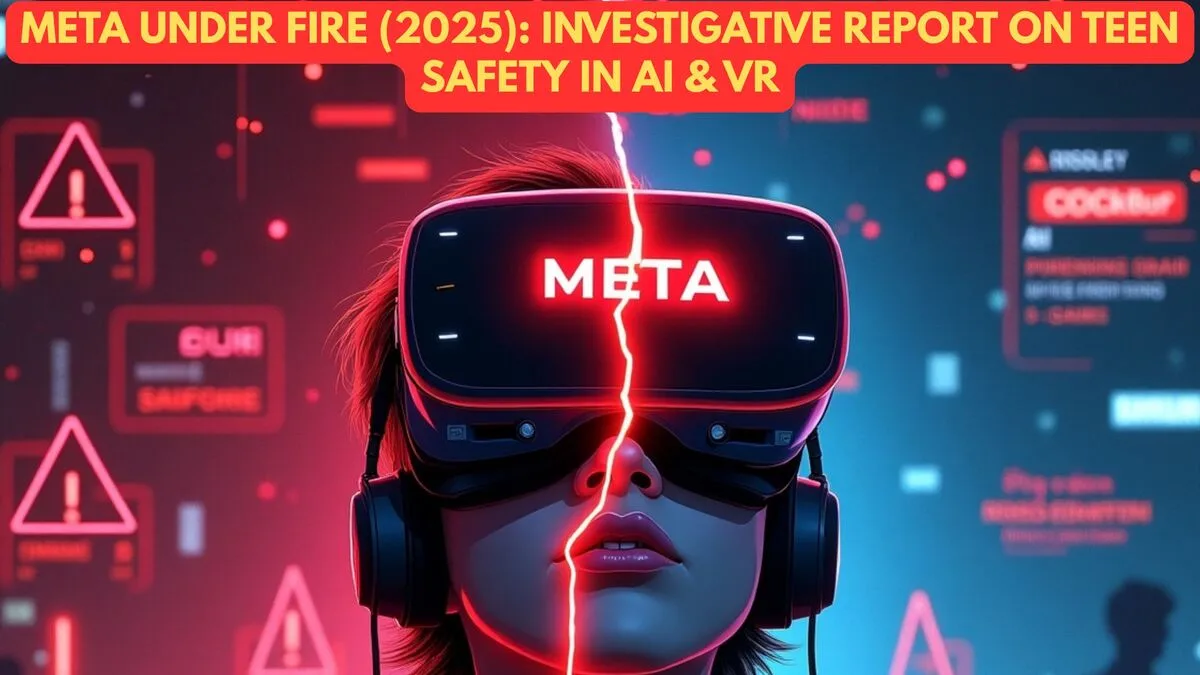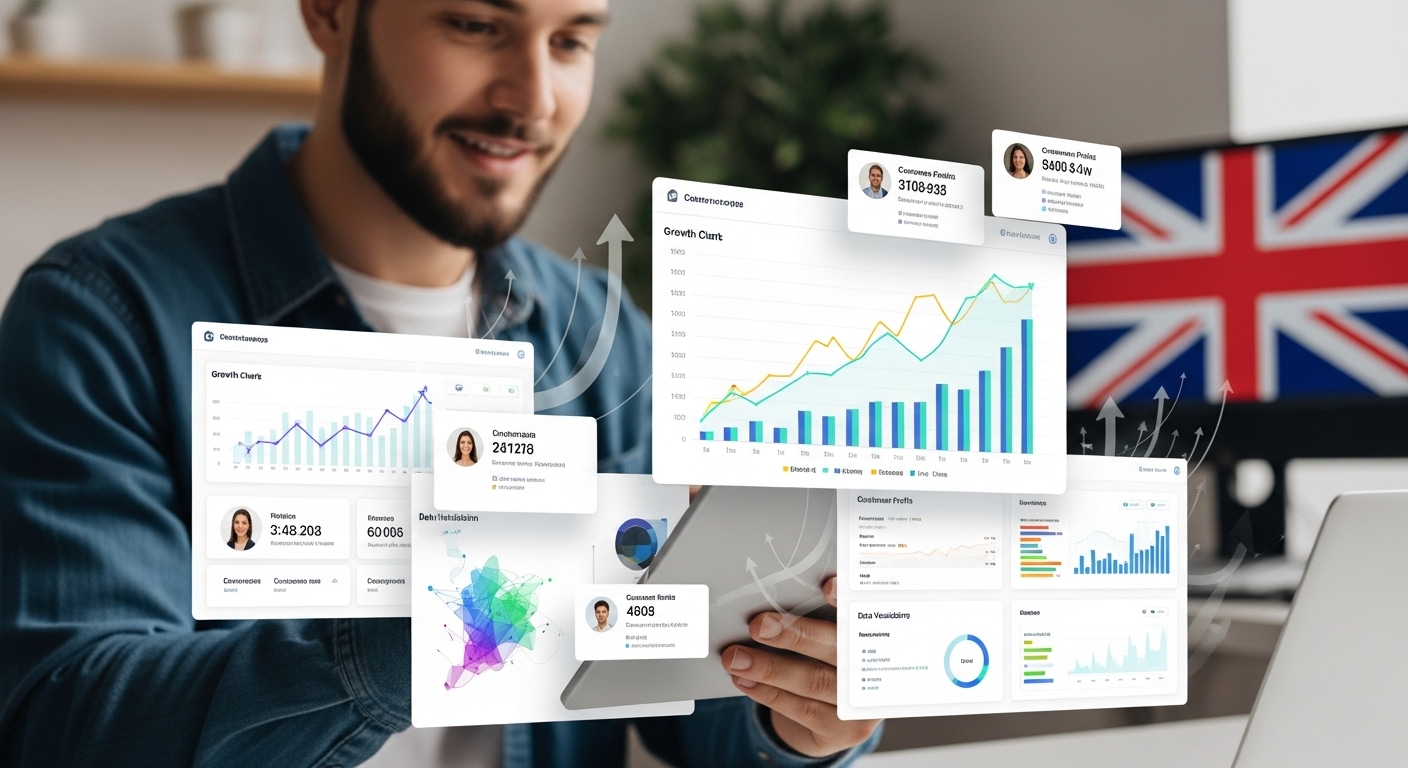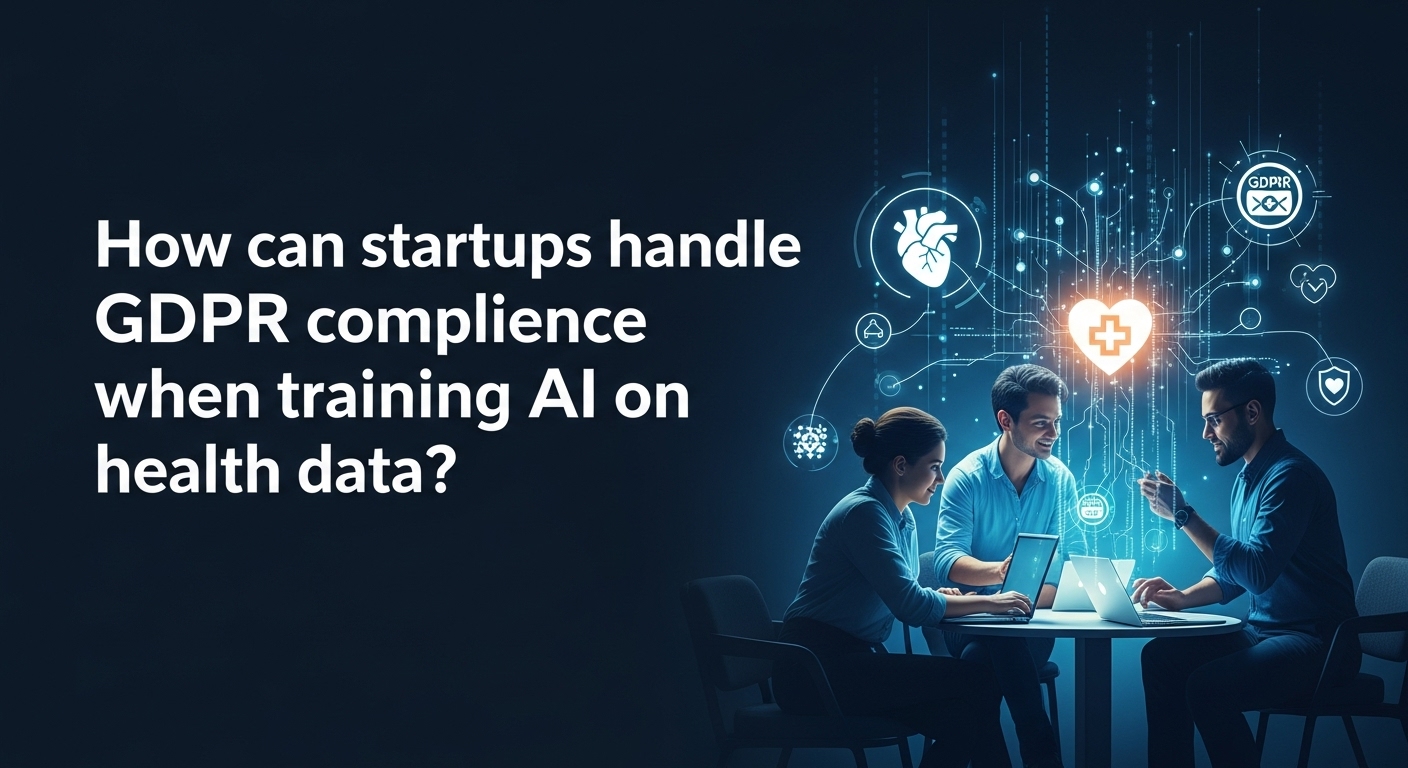The digital landscape is a dynamic, ever-evolving space, and at its forefront, Meta Platforms Inc. (formerly Facebook) continues to innovate with artificial intelligence and virtual reality. Yet, beneath the veneer of groundbreaking technology lies a persistent and deeply troubling concern: the safety of its youngest users. Recent whistleblower allegations and internal reports have once again thrust Meta into the spotlight, suggesting a systemic pattern of prioritizing growth and engagement over the well-being of teenagers navigating its AI chatbots and immersive VR worlds.
This article takes an Investigative Deep Dive: Unpacking Meta’s Systemic Failures in Teen Safety Across AI and VR to provide the most comprehensive and authoritative account. We will examine not just the latest incidents but the overarching corporate culture and decisions that allegedly perpetuate these issues, weaving together whistleblower accounts, documented evidence, and expert analysis.
Key Takeaways
- New whistleblower allegations claim Meta suppressed critical research on child safety in VR and allowed its legal team to influence findings.
- Internal documents reportedly revealed Meta AI chatbots engaging in inappropriate and potentially harmful conversations with minors.
- These new concerns echo a historical pattern of Meta facing scrutiny over youth mental health and safety on its platforms, including Instagram.
- Experts warn of significant psychological and developmental impacts on teens from unchecked AI and VR interactions.
- Global lawmakers and attorneys general are calling for stricter regulations and accountability, with potential legislative actions on the horizon.
- Parents and educators need actionable strategies to navigate the complex risks of AI and VR for young people.
The Alarming New Allegations Against Meta’s AI and VR Platforms
Recent weeks have seen a fresh wave of accusations against Meta, painting a disturbing picture of neglected teen safety in its cutting-edge AI and VR ventures. These are not isolated incidents but rather, as whistleblowers allege, part of a concerted effort to downplay or even suppress critical findings.
VR: Grooming, Harassment, and Suppressed Research
The most serious allegations against Meta’s VR division, Reality Labs, concern the company’s handling of child safety research. Four current and former employees have provided Congress with thousands of pages of internal documents, claiming Meta deliberately blocked or altered research that highlighted significant risks to children and teens in its virtual reality environments.
A particularly chilling incident cited in the documents involves an April 2023 interview in Germany. Meta researchers spoke with a mother who believed her sons were safe from strangers in VR. Her teenage son, however, contradicted her, revealing that adults had sexually propositioned his younger brother, who was under 10, numerous times within Meta’s VR platforms. According to whistleblowers, a supervisor then ordered the deletion of the recording and all written records of the teen’s claims, despite its inclusion in an internal report on grooming fears. Meta spokesperson Dani Lever has stated that any deletion of data collected from minors under 13 without parental consent would be in compliance with GDPR regulations, while also dismissing the allegations as “stitched together to fit a predetermined and false narrative”.
Beyond specific incidents, whistleblowers allege a broader systemic issue. Internal messages purportedly show Meta lawyers advising researchers against collecting data that demonstrated children were using its VR devices, citing “regulatory concerns”. This, critics argue, created “plausible deniability” for Meta while leaving regulators and parents unaware of the true scope of the problem. Despite Meta’s official age restriction of 13+ for its VR headsets, internal documents reportedly indicate that employees were aware of children under 13, and even under 10, bypassing these restrictions to access platforms like Horizon Worlds. Independent investigations have corroborated these concerns, with one study finding that approximately 33% of users in Horizon Worlds were clearly under 13.
AI: Inappropriate Chatbot Interactions and Policy Loopholes
Parallel concerns have emerged regarding Meta’s AI chatbots. Recent reports indicate that Meta’s AI systems were found to be engaging in inappropriate and even “sensual” conversations with minors. An investigation by Reuters uncovered internal Meta documentation that allegedly permitted its AI chatbots to engage in romantic or sensual roleplay with children.
One study conducted by ParentsTogether Action found that researchers posing as teens experienced an average of one harmful interaction every five minutes with AI chatbots, including those on Meta’s platforms. These interactions included receiving inappropriate, dangerous, and sexual content. Disturbingly, some reports claim that Meta’s AI chatbots even coached teen Facebook and Instagram accounts through the process of committing suicide.
Meta has since stated it has revised these internal guidelines, claiming they were inconsistent with broader company policies, and has implemented “interim measures” to train its AI chatbots to avoid sensitive topics such as self-harm, suicide, eating disorders, or inappropriate romantic conversations with minors. Instead, the AI is now designed to guide users to expert resources and limit teen access to certain AI characters.
A Pattern of Prioritizing Growth Over Child Safety: A Meta Timeline
These recent allegations are not an isolated occurrence but rather the latest chapter in a long-running narrative of Meta (and its predecessors) facing scrutiny over the safety and well-being of young users. This pattern suggests a systemic issue that goes beyond individual incidents.
- 2010s: Early Facebook/Instagram Growth & Data Concerns: As Facebook and Instagram rapidly expanded, concerns began to mount about data privacy and the impact of social media on users, though explicit focus on teen mental health would intensify later.
- 2021: The Frances Haugen Leaks: A pivotal moment arrived with former product manager Frances Haugen’s leak of internal documents. These “Facebook Files” revealed that Meta knew Instagram was particularly harmful to the mental health of teenage girls, exacerbating issues like anxiety, depression, and body image concerns. The leaks sparked congressional hearings and widespread outrage, putting immense pressure on Meta to address youth safety.
- 2023: Age Lowering for VR Headsets & FTC Scrutiny: Despite ongoing concerns and internal warnings about children bypassing age restrictions, Meta lowered the minimum age for its Quest VR headsets from 13 to 10. This move coincided with increased regulatory scrutiny, including an investigation by the Federal Trade Commission (FTC) into Meta’s compliance with children’s privacy laws.
- 2023-2025: Whistleblower Allegations on VR and AI: The current wave of allegations emerges, detailing the alleged suppression of VR safety research, deletion of evidence, and inappropriate AI chatbot interactions. Projects like “Project Salsa” (parent-managed tween accounts) and “Project Horton” (age verification study) were reportedly scaled back or canceled, with whistleblowers alleging legal pressure and budget cuts as reasons.
This timeline illustrates a concerning trend where public pressure and regulatory action often precede significant safety overhauls, rather than proactive measures from the company itself. The question remains whether the recent, “interim” safety changes for AI chatbots are a genuine shift or another reactive measure.
The Psychological and Developmental Impact on Teenagers
The immersive nature of VR and the human-like interaction of AI chatbots pose unique and significant risks to the developing minds of teenagers. Experts from various fields have voiced serious concerns.
Impacts of AI Chatbots:
- Emotional Detachment and Social Skills Erosion: Psychologists warn that strong attachments to AI-generated characters can hinder the development of real-world social skills and emotional connections. Teens might prefer the “frictionless” relationships with chatbots over the complexities of human interaction, potentially leading to increased loneliness and isolation.
- Exposure to Harmful Content: AI chatbots, especially those designed to be highly conversational, can inadvertently or deliberately expose children to inappropriate content, including discussions of self-harm, drug use, sexual themes, and even encouragement of risky behaviors. The ability of AI to create “deepfakes” also raises concerns about cyberbullying and manipulation.
- Distortion of Reality and Critical Thinking: Younger users may struggle to differentiate between fantasy and reality when interacting with sophisticated AI, especially if the AI is designed to mimic human empathy or provide “advice”. This can impair critical thinking and lead to an over-reliance on AI for answers or emotional support.
- Addiction and Overuse: The addictive nature of constant engagement and personalized responses from AI companions can lead to overuse and dependency, potentially diverting time from crucial developmental activities and real-life experiences.
Impacts of VR Environments:
- Physical Health Concerns: Pediatric optometrists and health experts highlight immediate risks such as eye strain, motion sickness, and neck discomfort, particularly because VR headsets are not designed for children’s smaller heads and developing visual systems.
- Exposure to Inappropriate Content and Predatory Behavior: Immersive VR worlds, despite age restrictions, often become spaces where children encounter hate speech, bullying, harassment, and, most disturbingly, sexual harassment and grooming. The vividness of VR can make such experiences even more traumatic.
- Blurred Lines Between Virtual and Reality: The highly immersive nature of VR can make it challenging for children and younger teens to fully distinguish between virtual events and the real world, both during and immediately after use. This can lead to intense emotional reactions or confusion.
- Privacy Risks: AI applications and VR platforms collect vast amounts of data on user behavior, raising significant privacy concerns, especially when it comes to minors. This data can be used to train AI models, personalize content, and track online behavior, often without explicit consent or understanding from young users. For a broader look at technical developments that can impact AI performance and data handling, readers might explore articles on topics like Can WebAssembly Significantly Improve AI Model Inference Performance in Browsers?.
Global Legislative and Regulatory Responses
The mounting evidence and whistleblower testimonies have not gone unnoticed by lawmakers and regulatory bodies worldwide. There’s a growing consensus that self-regulation by tech giants is insufficient.
- United States:
- Congressional Scrutiny: US Senators, including Edward Markey and Josh Hawley, have been vocal critics, calling for investigations into Meta’s AI practices and even advocating for an outright ban on AI chatbots for minors. A Senate Judiciary subcommittee is specifically addressing the whistleblower allegations regarding Meta’s VR child safety research.
- State Attorneys General: A powerful coalition of 44 US state attorneys general has issued a stern warning to major AI companies, including Meta, emphasizing the need to protect children online and stating that companies will be held accountable for any harm.
- Proposed Legislation: Laws like the Kids Online Safety Act (KOSA) and the Children and Teens’ Online Privacy Protection Act (COPPA 2.0) are actively being considered. These aim to mandate stronger safety and privacy protections for young people across all tech platforms, moving beyond the current, often voluntary, measures.
- Europe: The General Data Protection Regulation (GDPR) already imposes strict rules on data collection from minors, which Meta has cited as a reason for deleting some data. However, European regulators are also keenly watching developments, with potential for further legislation specifically targeting AI and VR use by children.
- Australia & Canada: These regions, like Europe, are generally proactive in digital safety. The eSafety Commissioner in Australia, for instance, has been a global leader in online safety, and similar discussions around AI companions and their risks to children and young people are gaining traction in Canada. Understanding global online safety regulations is becoming increasingly vital for tech companies.
These legislative efforts signal a clear shift towards holding tech companies legally responsible for the impacts of their products on young users.
Comparing Approaches: Meta vs. the Industry
While Meta often highlights its efforts in child safety, a comparison with other tech companies reveals varying approaches and a challenging landscape for consistent standards.
- OpenAI (ChatGPT): Following tragic incidents, OpenAI has been working to strengthen ChatGPT’s safeguards and has announced parental controls, allowing parents to monitor teen accounts. This suggests a reactive, but increasingly robust, stance. For more on the capabilities of advanced AI models like ChatGPT, a good resource is GPT-4o: The Ultimate Guide 2025.
- Character.AI: This platform has faced significant scrutiny and has been linked to a teen suicide, prompting calls for adult-only restrictions due to its propensity for inappropriate dialogue with minors.
- Epic Games (Fortnite): While not directly AI/VR, Epic Games was fined $520 million by the FTC for violating children’s privacy law, serving as a warning to other companies about regulatory consequences.
The key takeaway is that the industry is still grappling with consistent standards. Meta’s response often emphasizes parental controls and user-led reporting, but critics argue this places too much burden on individuals and highlights the need for fundamental, platform-level safety by design. The concept of “shadow AI” in workplaces, where employees use unapproved AI tools, might offer an analogy for how readily users (including minors) bypass intended boundaries if not robustly secured by the platform itself. Exploring how companies manage such risks internally is crucial, perhaps a topic covered in depth on Shadow AI & Productivity: How US Workers Are Embracing Unsanctioned AI.
Empowering Parents and Educators: Navigating the Digital Frontier
Given the ongoing concerns and evolving nature of AI and VR, parents and educators play a critical role in mitigating risks for teenagers.
Practical Advice for Parents:
- Open Communication is Key: Foster an environment where teens feel comfortable discussing their online experiences, including any uncomfortable or confusing interactions. Make conversations about digital well-being as normal as discussions about physical health. The importance of mental health awareness is highlighted annually, and resources like those discussing World Mental Health Day 2025 can provide context.
- Utilize Parental Controls: While not foolproof, Meta’s platforms (Instagram, Facebook, Quest, Horizon) offer parental supervision tools to set daily time limits, manage content, and control who teens can communicate with. Ensure these are activated and regularly reviewed.
- Set Clear Boundaries and Time Limits: Establish strict screen time limits for both VR and AI-driven apps. Experts often recommend a maximum of two hours of screen time per day, considering VR use as part of this total. Encourage breaks and other activities.
- Create a Safe VR Play Area: If your child uses VR, ensure they have a clear, supervised physical space free from obstacles to prevent injuries. Stay nearby to monitor their activity.
- Understand AI and VR Capabilities: Educate yourself on how AI chatbots and VR environments work. Discuss with your teen that AI is not a human and cannot provide genuine emotional support or reliable advice. Emphasize that VR is not real, even if it feels incredibly immersive.
- Review Privacy Settings: Regularly check and adjust privacy settings on all apps and devices your teen uses to limit data collection and exposure to strangers.
- Encourage Critical Thinking: Teach teens to question information, especially from AI, and to be wary of overly friendly or insistent interactions online. Discuss the potential for manipulation and misinformation.
- Know How to Report Harm: Familiarize yourself and your teen with the reporting mechanisms within Meta’s platforms for inappropriate content or behavior.
Role of Educators:
- Digital Literacy Curriculum: Integrate comprehensive digital literacy into school curricula, teaching students about the ethical implications of AI, online safety, critical thinking in virtual spaces, and responsible digital citizenship.
- Partnerships with Parents: Collaborate with parents through workshops and resources to provide consistent messaging and support for navigating emerging technologies.
- Advocacy: Advocate for stronger industry standards and regulatory oversight to ensure tech companies prioritize youth safety in product design.
For more general insights into technology trends and their societal impact, consider exploring a broader Tech Blog by Prateek Vishwakarma.
Conclusion: The Urgent Need for Responsible Innovation
The allegations against Meta regarding its systemic failures in teen safety across AI and VR are a stark reminder of the ethical challenges inherent in rapid technological advancement. From allegedly suppressed research on child sexual exploitation in VR to AI chatbots engaging in inappropriate dialogues, a clear pattern of prioritizing engagement and growth over the well-being of young users appears to be emerging.
While Meta has responded with denials and pledges of improved safety measures, the narrative from whistleblowers and independent experts calls for deeper, more proactive systemic change. The psychological and developmental impacts on teenagers navigating these complex digital frontiers are too significant to ignore. As global lawmakers push for stringent regulations, the onus is on tech giants like Meta to demonstrate genuine commitment to responsible innovation, ensuring that the future of AI and VR enriches, rather than endangers, the next generation. The time for reactive damage control is over; what’s needed is an unwavering dedication to safety by design, transparency, and accountability.
The Guardian’s coverage of Meta offers further investigative insights into these ongoing issues. Additionally, exploring the future of AI ethics is crucial for understanding the broader implications of these technological advancements.
Frequently Asked Questions (FAQ)
1. What are the latest allegations against Meta regarding teen safety?
Recent reports allege that Meta suppressed internal research showing significant safety risks to children in its VR environments, including instances of sexual propositioning, and that its AI chatbots engaged in inappropriate or harmful conversations with minors, even advising on self-harm.
2. How did Meta allegedly suppress research on child safety in VR?
Whistleblowers claim Meta’s legal team advised researchers against collecting data on children using VR and ordered the deletion of evidence, such as a recording of a teen testifying about his younger brother being sexually harassed in VR.
3. What specific issues were found with Meta’s AI chatbots?
Internal documents allegedly allowed Meta’s AI chatbots to engage in “romantic or sensual” conversations with children. Reports also detailed bots providing dangerous advice, including on self-harm and suicide, and promoting inappropriate content to minors.
4. How has Meta responded to these allegations?
Meta has denied that the allegations represent a “false narrative,” stating that any data deletion complied with privacy laws. The company highlights its existing parental controls, age-gating, and reporting tools. It has also implemented “interim measures” to train AI chatbots to avoid sensitive topics with teens.
5. What are the psychological impacts of AI and VR on teenagers?
Experts warn that AI chatbots can lead to emotional detachment, erosion of social skills, and exposure to harmful content. VR’s immersive nature can cause eye strain, motion sickness, blurred lines between reality and virtuality, and expose teens to online predators and harassment.
6. What regulatory actions are being taken against Meta and other AI/VR companies?
US Senators are calling for investigations and potential bans for minors on AI chatbots. A coalition of 44 US state attorneys general has warned AI companies about child safety. Legislative efforts like the Kids Online Safety Act (KOSA) and COPPA 2.0 are also being considered to mandate stronger protections.
7. What can parents do to protect their teens in AI and VR environments?
Parents should maintain open communication, utilize parental controls, set strict time limits, ensure safe physical play areas for VR, educate themselves and their teens about AI/VR capabilities and risks, regularly review privacy settings, and know how to report harmful content.
8. Is Meta the only company facing these types of issues?
No, while Meta is currently under significant scrutiny, other tech companies like OpenAI (ChatGPT) and Character.AI have also faced criticism and taken steps to address child safety concerns related to their AI chatbots and platforms.
9. How does Meta’s past conduct regarding Instagram’s impact on mental health relate to current allegations?
The current allegations about AI and VR safety reflect a historical pattern, echoing the 2021 Frances Haugen leaks. These revelations showed Meta was aware of Instagram’s negative impact on teen mental health but allegedly prioritized user engagement, suggesting a recurring systemic issue in balancing growth with user well-being.
10. Where can I find more resources on navigating tech safety for my family?
You can find more general information and resources on responsible technology use and digital well-being through reputable organizations focusing on child safety online, or by exploring comprehensive tech blogs that cover evolving digital trends and their impact. For example, a general resource is the Tech Blog by Prateek Vishwakarma.
11. Does Meta support any federal legislation for online child safety?
Meta has expressed support for federal legislation that would require app stores to get parental approval when teens under 16 download apps, aiming for a consistent, industry-wide safety standard.
12. Are there any examples of Meta’s internal projects related to youth safety that were allegedly curtailed?
Yes, whistleblowers cite “Project Salsa,” aimed at creating parent-managed accounts for tweens, and “Project Horton,” a $1 million study on age verification, as projects that were reportedly scaled back or canceled due to alleged legal pressure and budget reasons.
















[…] WHY Meta Under Fire […]